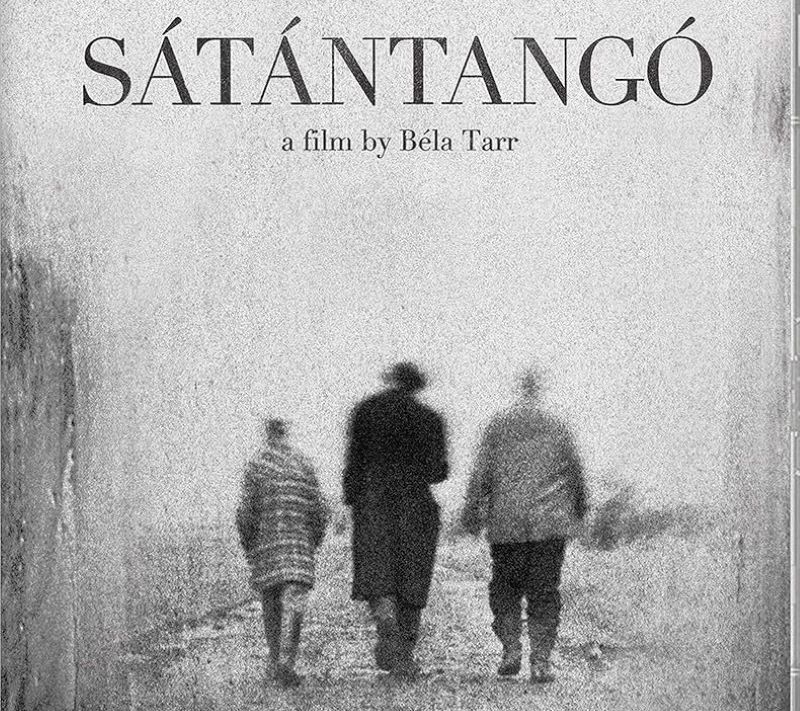The Swedish Academy announced on Thursday local time that Hungarian writer László Krasznahorkai has been awarded the 2025 Nobel Prize in Literature in recognition of his “complex, broad and philosophical narratives that reveal humanity’s pursuit of order and meaning in a chaotic world.” After this latest news was released, it immediately drew widespread attention in the international literary circle and once again made Hungary the focus of world literature.
In its award statement, the Swedish Academy pointed out that Krasnoholke, with his unique language tension and profound thought, has created a literary world filled with unease, loneliness, and reflection. His works are known as “literature that still pursues the light of art in the shadow of the end times”. The college believes that in the context of modern literature, he reaffirmed the spirituality and aesthetic power of literature, making words a form of resistance to understanding the world.
Krasnohorke was born in 1954 in Gyula, a city in southeastern Hungary. In his early years, he studied law and Hungarian literature at the University of Szeged and later continued his studies at Eötvös Lorand University in Budapest. His debut work, “Satantango”, published in 1985, made him famous overnight. This novel depicted the desolation and spiritual collapse of the Eastern European countryside with an extreme narrative style and an apocalyptic atmosphere, and was hailed by the critical circle as “the dark epic of Hungarian literature”. Subsequently, he successively created important works such as “The Melancholy of Resistance”, “War and War”, and “Death and Salvation”, which won high praise on the international literary stage.
Krasnoholkai’s works are characterized by dense language and lengthy sentence structures. He often presents the spiritual flow of characters through long sentence clusters without chapters or pauses, and is hailed by literary critics as “the architect of language”. His narrative style was deeply influenced by Kafka, Dostoevsky, and others, yet he constructed his own literary system with a unique sense of rhythm and philosophical speculation. The renowned director Bela Tarr has adapted many of his novels into films. Among them, “Satan Tango” lasts for seven hours and is regarded as the pinnacle of world art films.

The Swedish Academy stated that awarding Krasnoholke this prize is not only an affirmation of his literary achievements but also a tribute to the literary traditions of Central Europe. Anders Olsson, the secretary-general of the college, pointed out at the announcement: “Krasnoholke has enabled the world to re-understand the spiritual depth of Eastern European literature.” He wrote about the anxiety of the human soul with lengthy sentences and reflected the absurdity of modern civilization with a collapsed reality.
This is the second time that Hungary has won the Nobel Prize in Literature. The last time was in 2002, when the writer Imre Kertész won an award for depicting the humanity and dignity of an individual in a Nazi concentration camp. Twenty-three years later, Krasnohorke’s award symbolized the resurgence of Hungarian literature in the global context.
After the news of the award was released, there was an uproar in Hungary. Balazs Fodor, a professor in the Department of Literature at the University of Budapest, said in an interview: “Krasnoholkai’s works were never written to cater to readers, but to explore the limits of language and the depth of thought.” He made literature a way of existence again, not merely entertainment. The country’s Ministry of Culture also sent a congratulatory letter at the first opportunity, stating that this award “allows the world to once again hear the literary voice from the Danube.”
Internationally, the critical circle generally holds that this award is the most academically significant selection of the Nobel Prize in Literature in recent years. The Guardian commented that Krasnoholke represents “the most distinctive intellectual voice in Eastern European modernity”, and his works record the moments on the verge of civilization’s collapse with cold and poetic language. The American writer Paul Auster once mentioned in an interview: “His sentences flow like music, leaving people unable to calm down for a long time after reading them.”
Krasnohorke said in an interview with Hungarian state television that this award is both an encouragement and a heavy burden. I have always believed that the mission of literature is not to provide answers, but to keep people clear-headed in the face of the uncertainties of the world. This award belongs to all those who persist in writing.” He also said that he is currently working on a novel about language and loneliness, which is expected to be published next year.
The Nobel Prize in Literature is awarded by the Swedish Academy. Since its establishment in 1901, it has been presented annually to a writer with “ideal tendencies” in the field of literature. In recent years, the choices of the committee have often sparked controversy due to political stance and cultural diversity issues. Krasnoholok’s award is regarded as a choice to “return to the essence of literature”. His works span politics, history, and metaphysical speculation, demonstrating the tenacity and struggle of the human spirit amid the turmoil of The Times.
According to the plan, Krasnoholke will attend the Nobel Prize ceremony in Stockholm on December 10th, receive the gold medal and certificate, and deliver the acceptance speech. At that time, his representative work is expected to once again draw the attention of the global publishing market, and many publishing houses have planned to re-release English, French, and German translations.
This award not only drew the world’s literary community’s renewed attention to the literary traditions of China and Europe, but also reminded people that in the era of globalization and digitalization, language can still be the last bastion for human beings to understand themselves. With his profound and intricate writing, Krasnoholkai has built a bridge to thought for readers and enabled the world to once again listen to the echoes of literature beyond the hustle and bustle.













Leave a comment